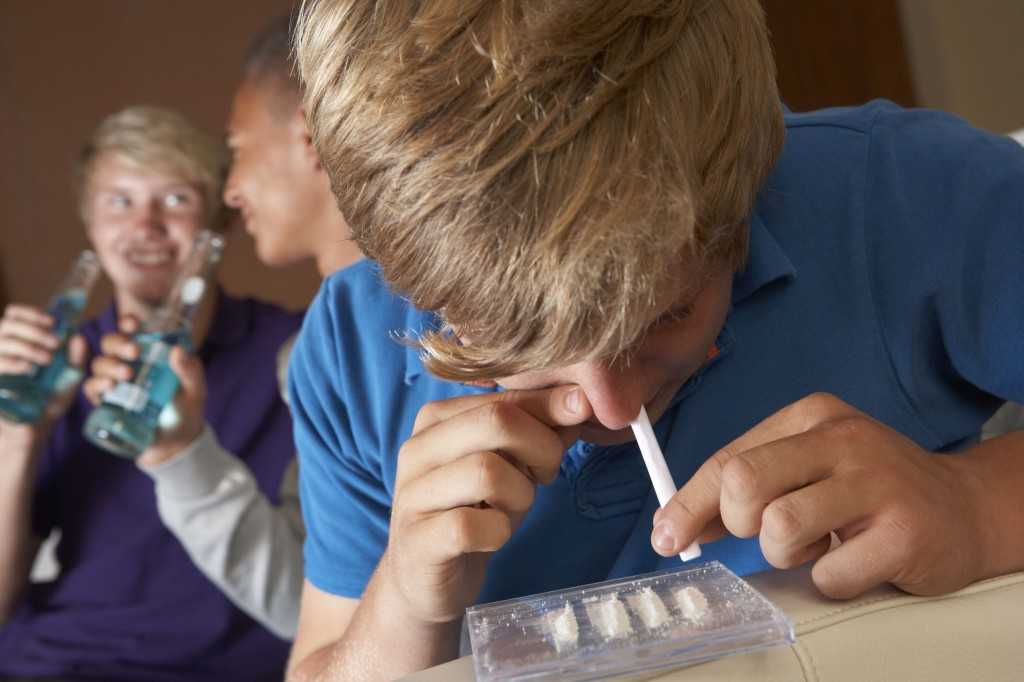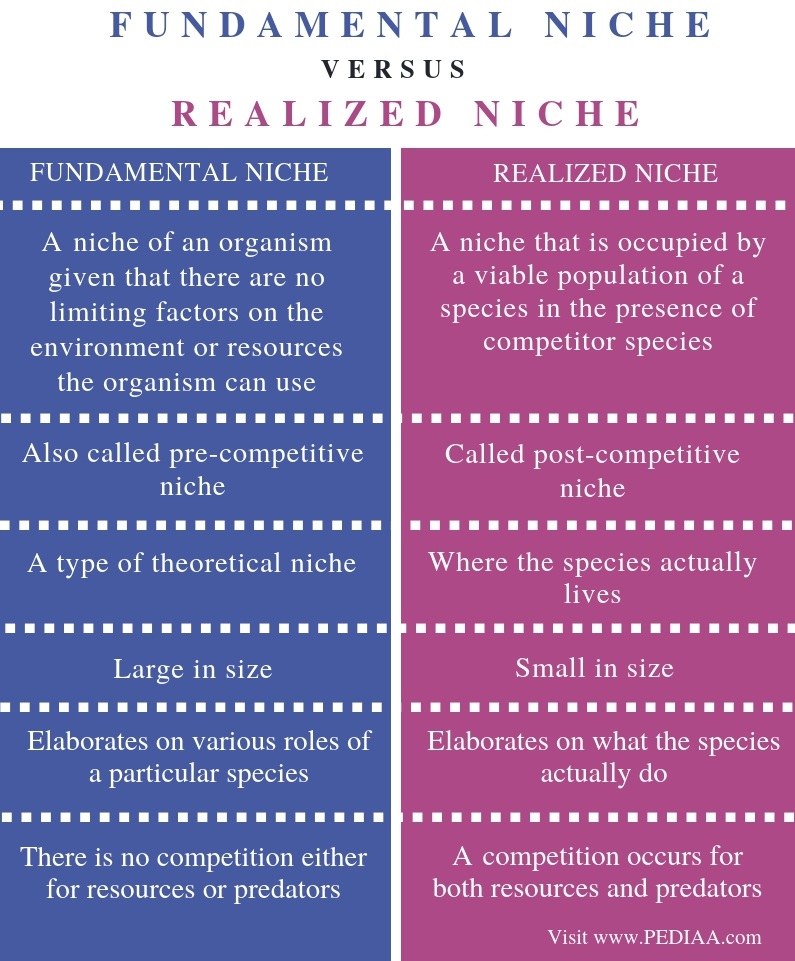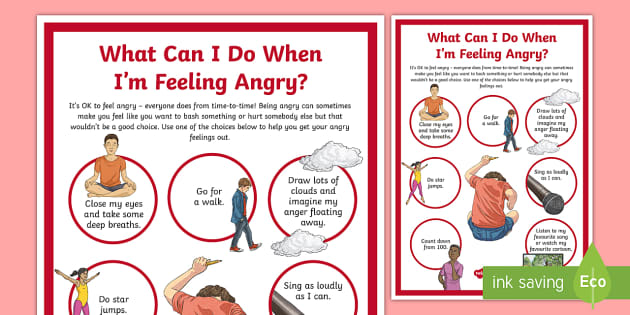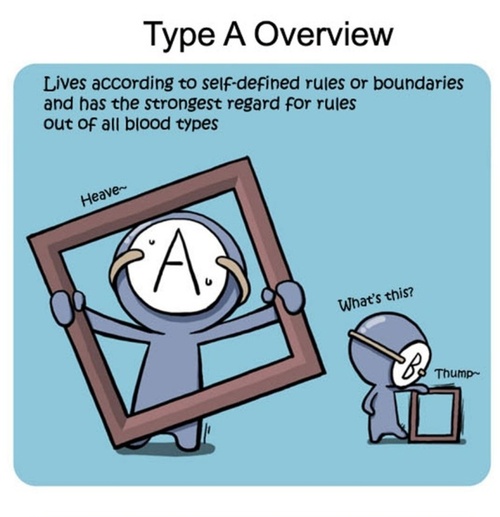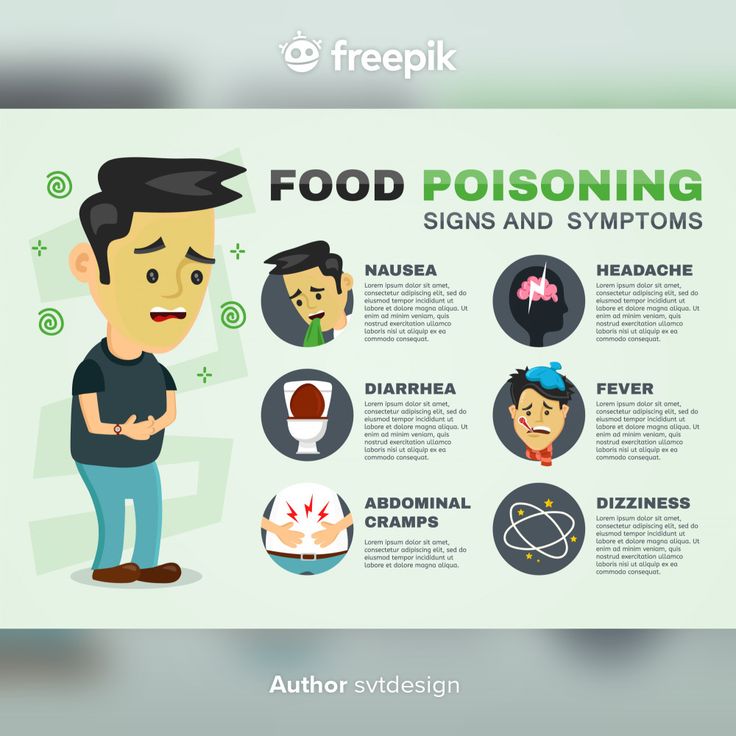Can stress cause itchy scalp
Itchy Scalp and Anxiety
Anxiety has a variety of physical symptoms, but some are less common than others. Stomach upset and "jitters" are common symptoms, and nearly everyone with anxiety experiences them. But there are several infrequent symptoms as well, and one of them is itchy scalp.
Many people who experience increased anxiety also have an itchy scalp. As of yet, there is no research into why anxiety causes itchy scalp.
Most studies seem to indicate that anxiety and stress don't cause itchy scalp directly. Rather, the person is more likely to have dandruff or a natural and otherwise harmless scalp condition, and their scalp condition is made worse by stress.
Anxiety can also have a severe effect on your hormones and damage your organs, and your skin is your body's largest organ, so the idea that anxiety can lead to scalp itch is not an unusual one.
Why Does Anxiety Lead to Itchy Scalp?
Studies have struggled to link a mechanism between anxiety and itchy scalp, but note that there appear to be many people that seem to suffer from itchy scalp when they have anxiety. Because the mechanism isn't clear, the cause of itchy scalp with anxiety is likely to be related to one of the following:
- Skin Sensitivity Stress increases skin sensitivity, and the scalp experiences a lot of contact with bacteria, fungi, germs, and chemicals. When you experience several anxiety, you're potentially increasing the likelihood that your skin will experience a reaction to those chemicals, or a worse reaction than you do normally.
- Over-sensitivity Those that live with some types of anxiety problems are prone to an issue known as hypersensitivity – the act of "feeling" a sensation more than other people. In other words, if your skin occasionally has a light itch, a person without anxiety may not even notice it, but a person with anxiety may feel it strongly.
- Unknown Stress Reactions Finally, some of the reactions of anxiety aren't known. During an anxiety attack, for example, your body experiences profound stress that affects hormone levels, vitamin nourishment, digestion and more, and affect each person differently.
 It's possible that any one of these issues is responsible for itching on your scalp.
It's possible that any one of these issues is responsible for itching on your scalp.
The truth is that anxiety causes itchy scalp in some people, and likely causes it for different reasons. It's not the most common issue, but it's one that many people report.
How to Prevent and Cure Itchy Scalp From Anxiety
Anxiety itchy scalp can only be permanently cured by preventing anxiety. If the stress of anxiety is affecting your skin health, then the stress can't be stopped until your anxiety is stopped. Until then, you can try the following:
- Use Hypoallergenic Shampoo and Conditioner
Your first step is to avoid skin irritation. You can start by trying to switch to less damaging hair treatments. Try to switch everything you use in your hair to products that are less likely to cause skin irritation, in case your skin is becoming more sensitive.
- Stop Scratching
Make sure you're not scratching your scalp either. The itching can often feel overwhelming, but scratching irritates the skin further and may lead to further itching later on. It can be hard to hold back, but holding back is very important.
The itching can often feel overwhelming, but scratching irritates the skin further and may lead to further itching later on. It can be hard to hold back, but holding back is very important.
- Let Your Hair Breathe
Give your scalp a break. Avoid hats and head coverings, try not to pull your hair too much or fill it with products or dye it – anything to give your hair a chance to breath and experience fewer irritations.
These will all start the process. The next step is, of course, to cure your anxiety.
Different types of anxiety cause different levels of stress, and may lead to different reactions. For example, some people experience full anxiety attacks, and these attacks can put so much stress on your body that it drastically changes the way your body works – not only during the attack, but after.
How to Cure Anxiety and Stop Scalp Itch
Anxiety is an incredibly complex disorder. There is more than one type of anxiety, and more than one way that anxiety can affect you.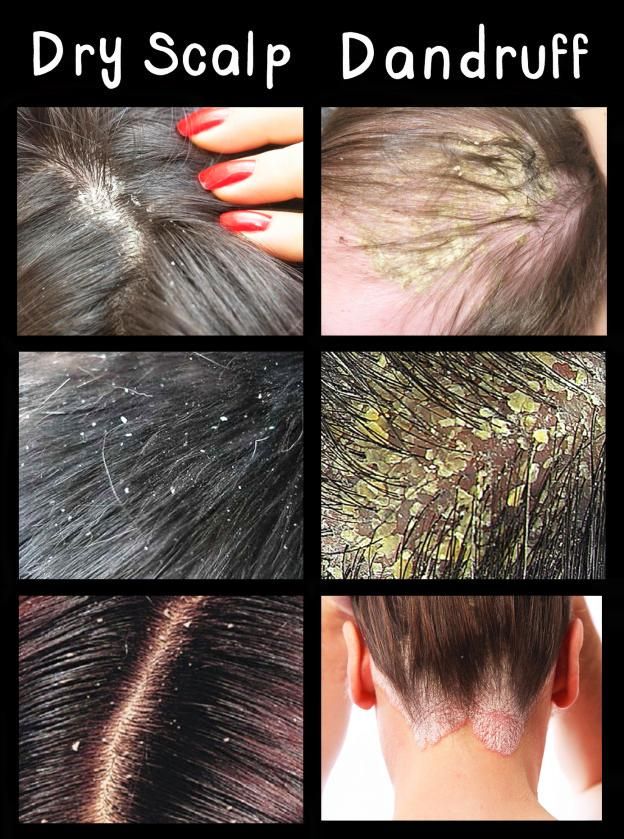
Curing anxiety takes a combination of lifestyle changes, dietary changes, replacement coping strategies, and special strategies designed to reduce your anxiety directly. Without knowing your specific situation, it's tough to tell you exactly what to do, and anyone that tells you otherwise is providing misleading information.
Was this article helpful?
- Yes
- No
Hair care tips for stressed scalp
| Listen to this article |
If your hair is falling like crazy, and an itchy scalp is not leaving you alone, then it’s a clear indication that you have a stressed scalp. Stress does not just bring you down emotionally, but it can cause other issues too. Sadly, your tresses bear the maximum brunt.
Stress commonly triggers and worsens flaking and itching of the scalp, especially if you are already prone to dandruff.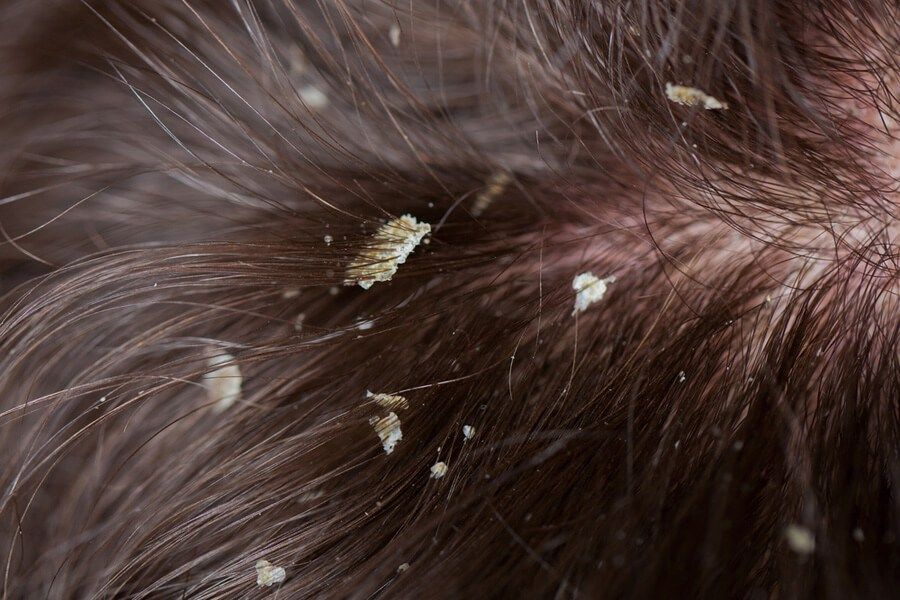 This is because stress increases the production of certain hormones and releases pro-inflammatory chemicals that can compromise the scalp’s barrier function.
This is because stress increases the production of certain hormones and releases pro-inflammatory chemicals that can compromise the scalp’s barrier function.
That means it’s easier for moisture to escape, potentially leaving your hair and scalp drier. This makes it easy for irritants to get in, and cause stinging, tingling and itching, and this in turn, may disrupt the microflora of the scalp.
Flaking of the scalp can cause hair loss, and scratching may result in further irritation and even abrade the surface of the scalp. Stress also increases the cortisol levels in our bodies, and cortisol levels have a direct correlation with the hair follicle. This causes stressors to trigger scalp issues that can lead to the growth of different fungi and bacteria or a flaky, itchy scalp.
According to Dr Ajay Rana, well-known dermatologist and aesthetic physician, if somebody has a genetic predisposition to follicle sensitivity, this can eventually cause the hair to start thinning.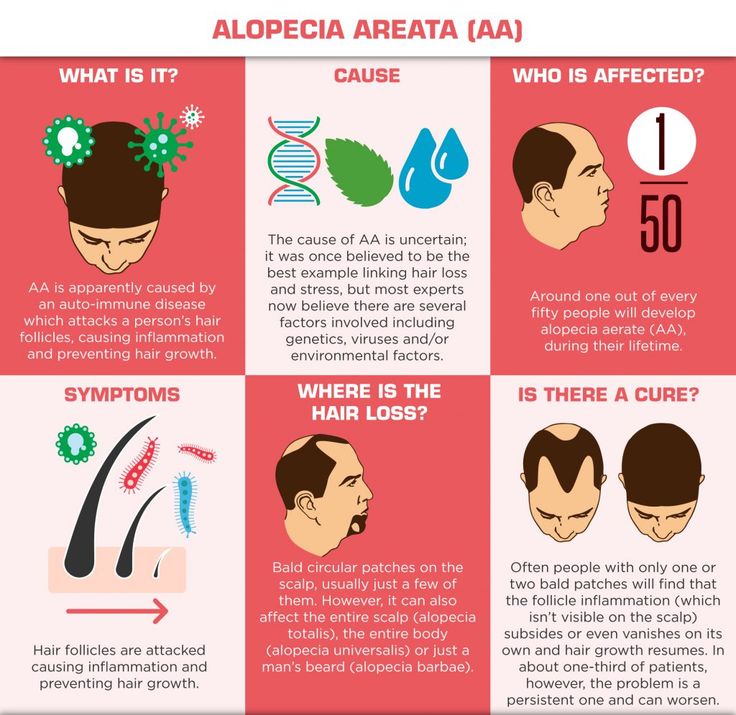 An increase in stress can make your scalp produce more oil.
An increase in stress can make your scalp produce more oil.
A stressed scalp can give you these six problems:
1. Eczema
Eczema is a common effect of stress that shows up on the scalp. It usually looks like a red, itchy, scaly rash. These scalp conditions are hereditary, but stress commonly triggers or exacerbates symptoms. Because stress slows down skin healing, disrupts skin’s barrier function and creates an inflammation-friendly environment, the itching and dryness that accompanies eczema can become worse.
2. Psoriasis
Psoriasis is an autoimmune disorder, and is likely to flare up with increased stress. That’s because stress has the ability to upset the body’s hormonal balance and normal immune response. It shows patches of hardened plaque with fine or thick silvery-white scales that can itch, bleed or flake.
Nourish your hair with a scalp massage, but choose the oil carefully. Image courtesy: Shutterstock3. Sores, blisters, or bumps
Painful sores, blisters, or bumps that develop on the scalp can be caused by the infection of the hair shafts or the skin. Viral infections, such as chickenpox and shingles, acne, cyst, such as an epidermal cyst are also very common.
Viral infections, such as chickenpox and shingles, acne, cyst, such as an epidermal cyst are also very common.
4. Contact dermatitis
This condition appears when the scalp turns red, itches, and flakes after you wash it. This allergic reaction happens when you use certain shampoos, soaps, or other products in the hair.
5. Skin cancer
Skin cancer can occur on the scalp, particularly in areas that are not well-covered by hair. It can destroy skin cells and tissues, and in some cases can be spread to other parts of the body. Skin cancer may appear as a growth or mole, a change in a growth or mole, a sore that does not heal, or irritation of the skin.
6. Dry and Itchy Scalp
Stress increases the production of certain hormones and releases pro-inflammatory chemicals that can compromise the scalp’s barrier function. That means it’s easier for moisture to escape, potentially leaving the hair and scalp drier, and for irritants to get in and cause stinging, tingling and itching.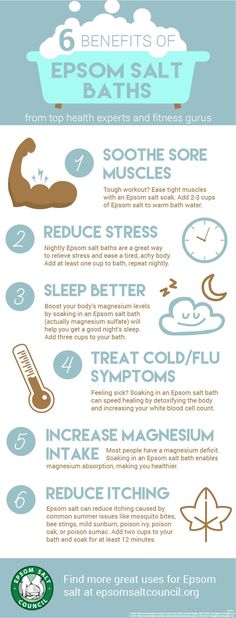
Thankfully, you can totally deal with a stressed scalp with these tips
- Wash your hair less frequently in order to allow hair’s natural oils to build up and moisturize the scalp. When you shampoo, use gentle products, such as baby formulas and those specifically formulated for people with sensitive skin.
- Use fragrance-free and hypoallergenic products, and avoid those with sodium lauryl sulfate, a harsh detergent that many find irritating.
- Always use a conditioner, which will help to replenish and hydrate the scalp. You can also try a deep conditioning or hot oil treatment to soothe the scalp.
- Use OTC or anti-inflammatory or antihistamine ointments recommended by a dermatologist to soothe symptoms of eczema, until your stress levels have come down.
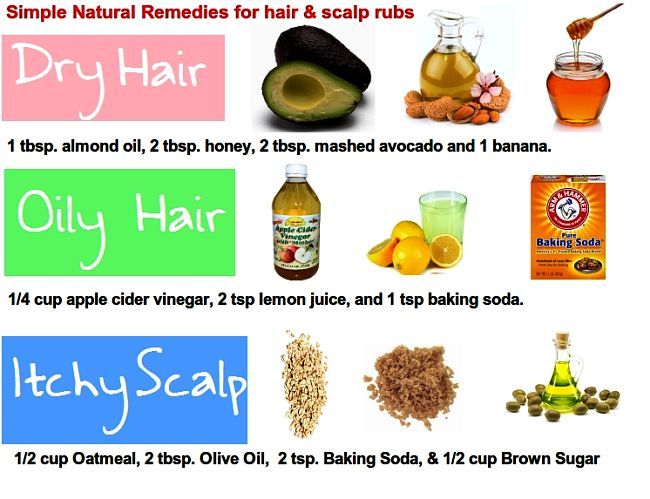
- You can treat mild cases of psoriasis with medicated shampoos and other products containing salicylic acid, which help to slough off excess cells that build up and cause scaling.
- Avoid scratching or picking at your scalp, and be gentle when shampooing, towel drying and brushing or combing the hair.
So for the love of your mane, do take care of your stress levels!
Itchy scalp | Alliance
Itching of the head can bring a lot of inconvenience to a person. Over time, the skin becomes thinner, cracks and sores appear on it. To prevent this, it is necessary to start treatment on time.
Why does my head itch? Causes of itching
Irritation of the epidermis can be triggered by various factors. In some cases, scalp therapy is carried out at home. If folk remedies do not help, then consult a doctor (dermatologist, allergist or trichologist). nine0003
Factors causing itching of the scalp may be the following:
- Mechanical damage;
- Sometimes a burning sensation of the skin occurs after receiving any scratches and cuts.
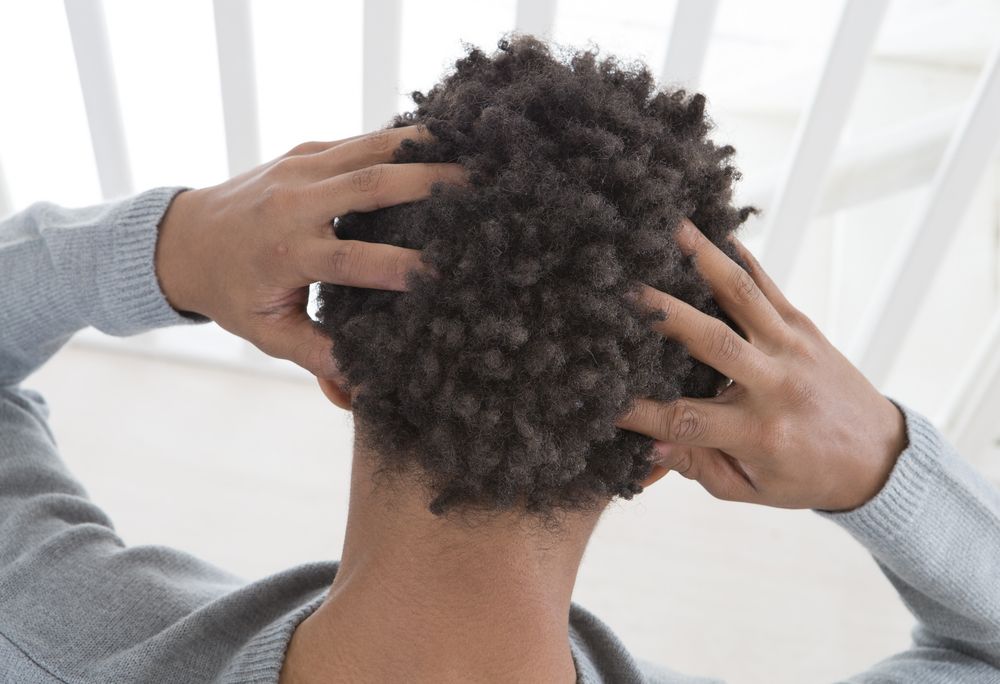 Head itches due to wound healing. Do not comb them, you can only delay the healing process. In this case, specific treatment is not required. But you can use various soothing oils and ointments.
Head itches due to wound healing. Do not comb them, you can only delay the healing process. In this case, specific treatment is not required. But you can use various soothing oils and ointments. - Drying and styling tools
Frequent use of a hair dryer, irons for straightening and curling hair negatively affects the condition of the epidermis. They greatly dry it, cause various unpleasant symptoms. Also, these devices worsen the condition of hair in women. Try to use them no more than three times a week, and completely abandon them for the duration of treatment.
Parasites
If you are worried about severe itching of the scalp, then you need to check it for the presence of parasites (you can use a magnifying glass). Most often, the following parasitic organisms are found on the hairline: lice, mites, etc. They can be picked up in public places, through contact with an infected person, or after visiting a forest. Also, parasites appear on the skin due to non-compliance with the rules of personal hygiene. nine0003
nine0003
Lice most often lay their eggs in the back of the head and ears. They are fixed on the roots of the hair and have a white or light yellow tint.
Seborrhea can cause severe itching in the area of hair growth. Seborrheic dermatitis occurs due to a malfunction in the production of sebaceous glands. This disease is characterized by the presence of dandruff, acne and increased burning of the dermis (dry appearance). With an oily type of seborrhea, an excess of sebum and small scales form on the hairline. It occurs due to problems with the human digestive or immune system. nine0003
Psoriasis is a non-communicable disease. Its main symptom is the formation of pink plaques covered with white scales. If not treated, the disease will spread to the skin of the neck and ears.
Eczema and atopic dermatitis have similar symptoms. If you do not see a doctor in time, these diseases can provoke active hair loss.
All of the above skin conditions require medical attention.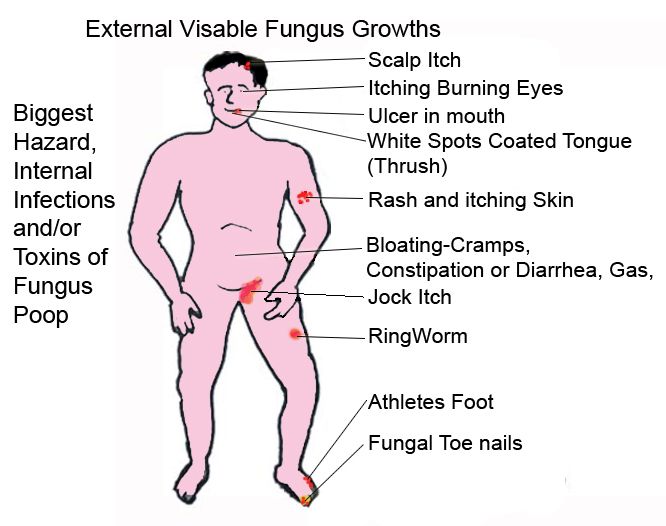 Do not do nothing or self-medicate, as this will only worsen the condition of the scalp. nine0003
Do not do nothing or self-medicate, as this will only worsen the condition of the scalp. nine0003
Xerosis
This disease occurs due to insufficient secretion of the sebaceous glands. As a result, the skin of the head dries out, small cracks may appear on its surface. The patient is worried about the burning sensation, he develops peeling of the epidermis.
Itchy and itchy scalp with xerosis for two reasons:
- Use of aggressive detergents, frequent shampooing.
- Hormonal failure in the body. nine0019
- With a deficiency of vitamin B2, excessive production of sebaceous glands occurs in the body. This can lead to the development of seborrhea (oily type).
- Lack of vitamins A and C leads to profuse hair loss.
- Insufficient intake of vitamin D causes premature skin aging. The epidermis becomes dry, peeling and itching appear. nine0014
- Deficiency of vitamins E and B6 disrupts the regeneration of skin cells.
- Distinctive symptoms of beriberi: lack of efficiency, frequent colds, weakness. Also, the patient may worsen the appearance of the nail plates and hair.
- Be sure to include dairy products in your diet (low-fat cottage cheese and cheese, kefir, fermented baked milk, natural yogurt, etc.).
- Drink plenty of fluids (1.5-2 liters). In ordinary water, you can add lemon juice, ginger and a little honey.
 This will improve metabolism.
This will improve metabolism. - Avoid sweets, salty and fatty foods.
- Eat nuts (no more than 50 grams per day), eggs, liver, boiled poultry and lean fish (steam or stew) daily. nine0014
- Add more fiber to your diet. It can be taken in the form of a powder (sold in a pharmacy). Also, fiber is found in large quantities in buckwheat and oatmeal, pistachios, beets, cabbage and other vegetables.
- In addition to food, it is recommended to take vitamins A, E, B, C, iodine and calcium. They can be purchased at any pharmacy.
- Stress
- Yeast infection
- Poor hygiene
- Allergy
In the first case, it is recommended to replace the shampoo with a more gentle one. It is advisable to use a hypoallergenic detergent. If you have a hormonal disorder, you should consult a doctor. He will conduct an examination and prescribe the most appropriate medications.
Dermatomycosis (trichophytosis)
Itching of the scalp occurs due to the ingress of fungal microorganisms on the epidermis.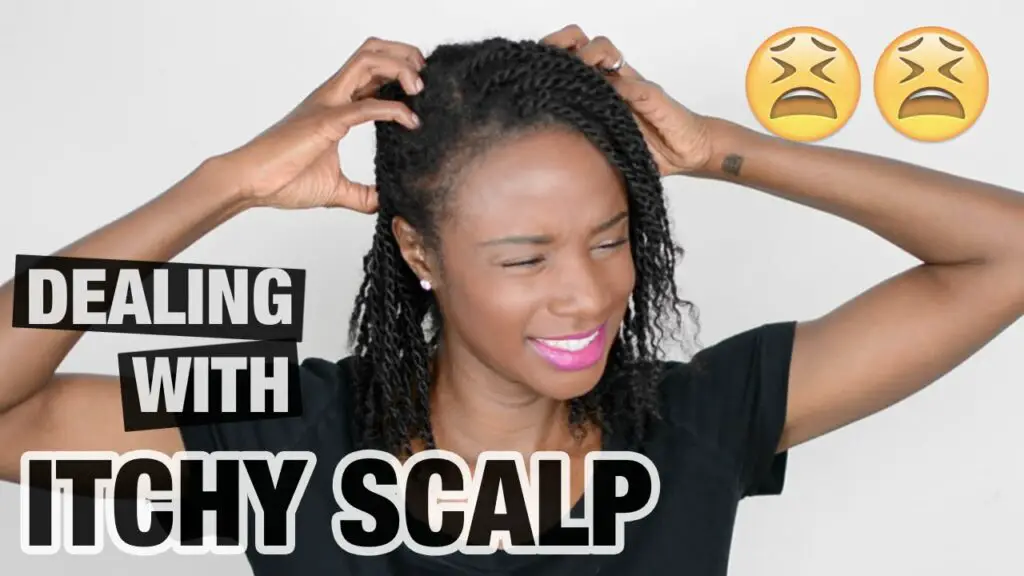 The patient has several serious symptoms at once: skin irritation and hair loss. Trichophytosis causes profuse peeling, itching and redness of small areas of the epidermis. Also, due to the disease, the hair loses its former strength, is easily torn and falls out heavily when combed. nine0003
The patient has several serious symptoms at once: skin irritation and hair loss. Trichophytosis causes profuse peeling, itching and redness of small areas of the epidermis. Also, due to the disease, the hair loses its former strength, is easily torn and falls out heavily when combed. nine0003
It is impossible to detect parasitic microorganisms of the fungus on your own. Only a doctor can make an accurate diagnosis, after taking a scraping.
Dermatophytosis (ringworm)
This fungal disease is most often diagnosed in children. Ringworm is caused by contact with infected people or animals. The main symptoms are the appearance of itchy plaques on the epidermis. They eventually swell, fester and become covered with a thick crust. If left untreated, the headache will spread to the skin of the auricles (itching behind the ear), neck, chest, and back. nine0003
Diabetes mellitus
High blood sugar provokes failures in the production of sebaceous glands, causes dehydration.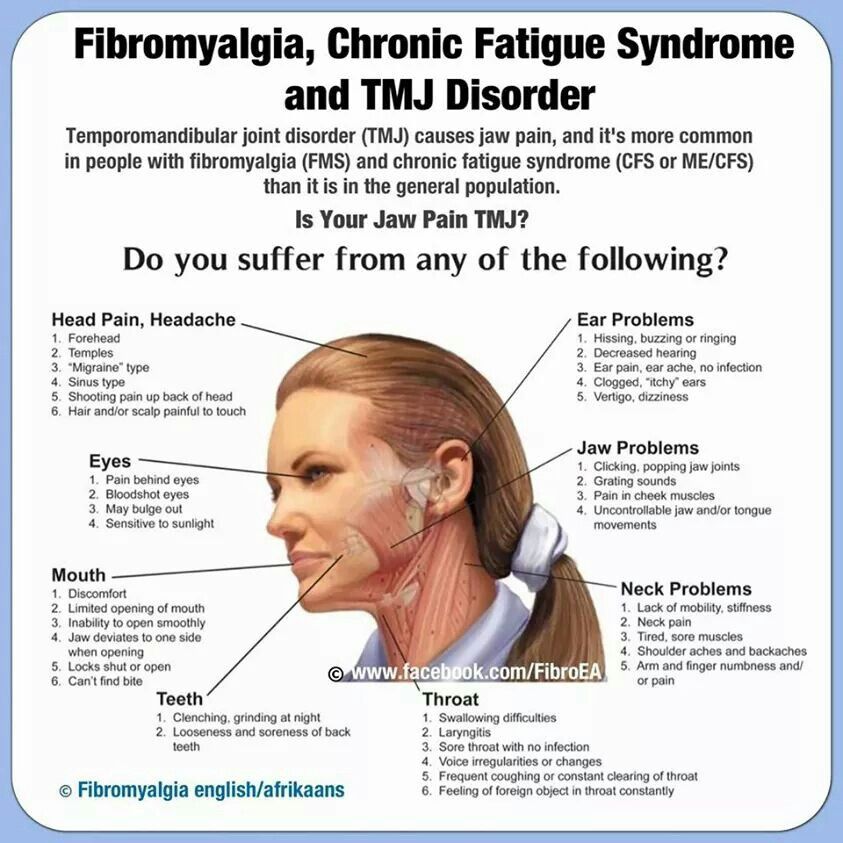 Severe dryness, peeling and itchy skin extend not only to the scalp, but to the whole body.
Severe dryness, peeling and itchy skin extend not only to the scalp, but to the whole body.
In order to make an accurate diagnosis, you must contact a qualified specialist. He will prescribe you a special diet and medications. First you need to donate blood to the level of sugar.
Neurodermatitis
This serious neurological disease can cause itching and other skin changes. Exacerbations occur due to stressful situations. Unpleasant symptoms become most pronounced in the evening.
Neurological disorders
Scientists have proven that stressful situations (tense situation at home or at work, depression, severe shock) can cause itching of the scalp (the top of the head, the back of the head often itches). Stress triggers the production of cortisol, adrenaline and norepinephrine in the body. To remove them, you need to engage in physical activity, otherwise they will accumulate in the blood. This, in turn, causes intense itching. nine0003
nine0003
Avitaminosis
Itching of the scalp and neck occurs due to a lack of macro- and microelements in the body. The lack of certain vitamins affects the skin in the following way:
Allergic reaction
If your scalp itches a lot after using new cosmetic care products: shampoo, conditioner, rinse or hair mask, then this is a sure sign of an allergy. nine0003
nine0003
To avoid unpleasant symptoms, study the composition of the new product. The most common cause of irritation is sodium lauryl sulfate.
Special diet
If the causes of scalp itching are beriberi, diabetes or allergies, then a diet is used to eliminate unpleasant symptoms.
Proper nutrition will help get rid of an itchy head
The condition of the scalp and hair depends on our nutrition. Due to the frequent use of harmful products, the condition of the epidermis worsens, peeling, dryness and itching appear. To restore the normal functioning of the sebaceous glands and improve the condition of the hair, follow these nutritional recommendations:
If your scalp itches due to parasites, skin diseases, or fungal microorganisms, proper nutrition will help speed up the healing process. nine0003
How to get rid of an itchy scalp?
First you need to be examined by a dermatologist or trichologist. Depending on the cause of the itching, he will prescribe a drug. In some cases, in order to make an accurate diagnosis, you will need to take tests.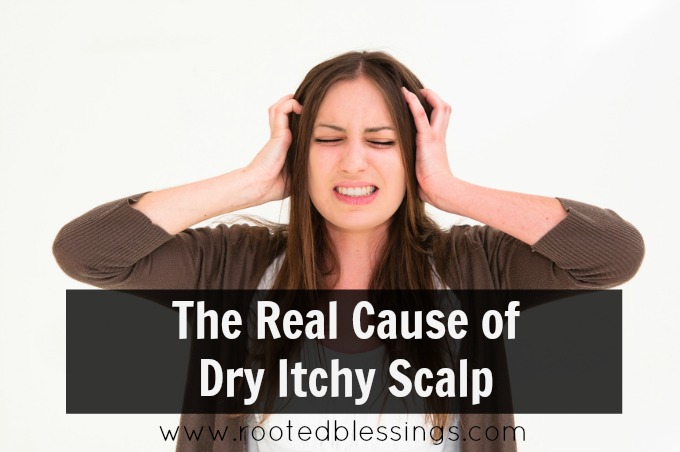
4 possible causes of dandruff
Is dandruff annoying again? Perhaps the news that there are many such people will be a small consolation. According to some reports, about 50 million people in the United States have this problem. nine0003
What factors can cause the onset of the disease or aggravate its course? You should be aware of the following 4 possible causes.
“Stress can make the scalp worse,” says dermatologist Lotika Singh, MD. She explains that high levels of stress can worsen the immune system, which in turn can often lead to physical symptoms. The development of dandruff is one of them. nine0003
“Especially when dandruff is accompanied by itching,” notes Dr. L. Singh, “it begins to resemble a perpetual motion machine, that is, the more a person scratches his head, the more intense the itching becomes. And, of course, another complication is that stress levels can also skyrocket if a person has health and self-esteem issues while treating itching and visible dandruff. ”
”
One of the most common myths about dandruff is that it is caused by dry scalp. However, experts object to this opinion, stating that most likely this condition will be more active in people with oily scalp. This is usually due to yeast family Malassezia which develop on the skin when sebum is produced in excess.
"In some people, yeast feeds on excess sebum and dead skin cells on the scalp, causing more flaking and flaking," says dermatologist Jessica Wu, Associate Professor at the University of Southern California Medical School ), USA.
How often should I wash my hair? Keep in mind that there is no right answer to this question as it depends on factors such as skin type, hair type, styling products, etc. But if a person does not touch the shampoo until the head starts to hurt and the hair looks greasy, this may be a sign of insufficient hygiene procedures, which can lead to the formation of dandruff flakes. nine0003
nine0003
Thus, the more a person delays washing, the more excess dead skin cells begin to accumulate. When some people experience this, they mistakenly use dry shampoo, says Dr. Francesca Fusco, dermatologist and hair expert for cosmetics brand Dove. According to her, this product does not replace a full wash, but, on the contrary, provokes the appearance of more flakes.
Contact dermatitis is an allergic skin reaction to soaps, latex, fragrances, jewelry, cosmetics, etc. Since this reaction is associated with itching, it can lead to the development of dandruff. If a person changes their skin care products often, their skin may be sensitive to one or more of the ingredients used in these products.
Some treatments, such as permanent hair straightening, can also cause an allergic reaction. The list of potential allergens at the Mayo Clinic, USA, includes formaldehyde, a harmful chemical used in some straightening procedures.

